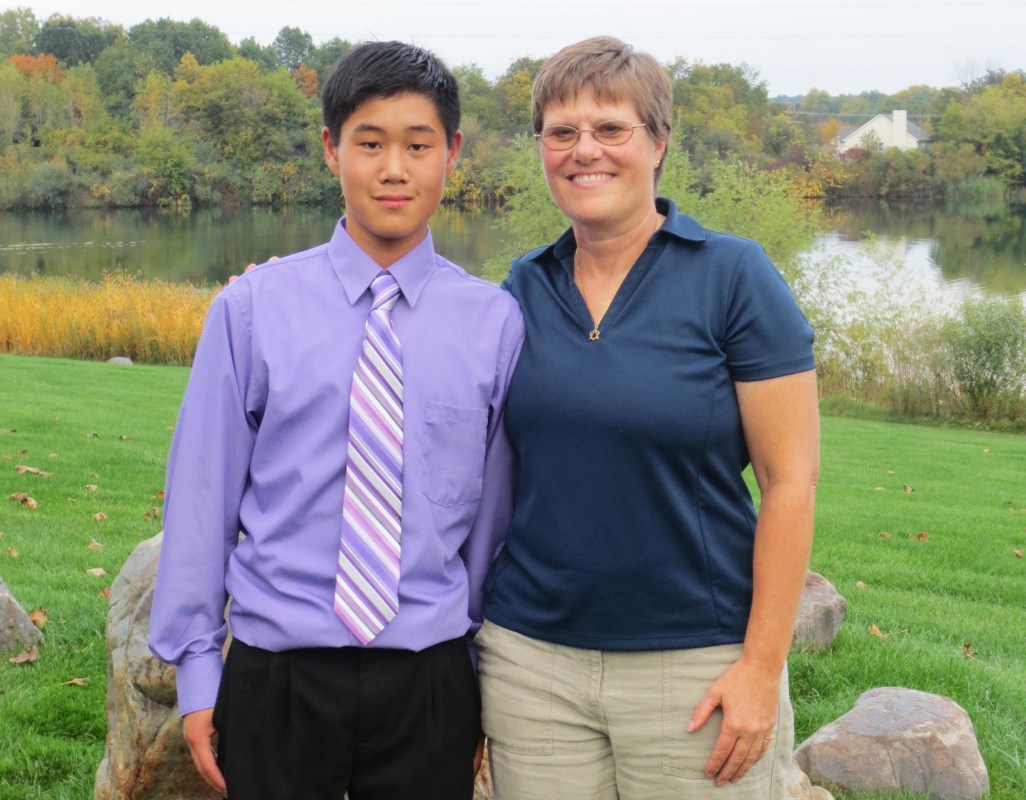YES!!! I am making significantly less than I was making prior to my breast cancer diagnosis. During treatment I made about half of my regular salary. Now I'm back to about two-thirds of that salary. There are many reasons - company downsizing, chemo brain, energy level, and fear - I am afraid of getting back into the 9-5 work force; I don't know if I have the stamina or the mental sharpness to be competitive and productive. Lastly, although our finances are hurting, I'm not sure that I want to spend 40+ hours a week in an office. Unemployment is a fear, particularly with my age and my need to be continually insured (I'm covered now until Sept. 2015, what then?), and yet so is not being accessible to family - which is where my priorities are these days. I think I'll check on disability -
Breast Cancer's Costly Side-Effect: Long-Term Unemployment
Women who get chemotherapy for breast cancer may end up unemployed for a very long time, researchers reported on Monday.
A
few may lose their jobs because they cannot work consistently —
although it’s usually illegal to fire someone for being ill. But many
may underestimate just how much chemotherapy can take out of you,
doctors said.
Dr. Reshma Jagsi of the
University of Michigan Health System and her colleagues studied 2,290
women in the Los Angeles and Detroit areas diagnosed with breast cancer
between 2005 and 2007. They spoke with more than 1,500 of them four
years later.
About 1,000 of the
women were under 65 and interviewed both times, and of them, 76 percent
had paid jobs before they were diagnosed.
The
women who got chemo were less likely to still be working four years
later, they reported in the journal Cancer. The researchers found that
38 percent of the women who got chemo were jobless four years later,
versus 27 percent of the women who skipped chemo."Basically, I lost my business."
And
some lost their jobs or stopped working soon after diagnosis. Two years
after they were diagnosed, 30 percent of the women who got chemo were
unemployed, compared to 14 percent of the women who did not.
The
findings suggest that even though women want to get back to work as
soon as they can, chemo may be changing their lives more than they
think, Jagsi said.
“We also need
to ensure that patients who are deciding on whether to receive
chemotherapy understand the potential long-term consequences of
receiving treatment, including possible implications for their
employment and financial outcomes,” she said.
Most didn’t quit on
purpose. Of the 127 women who had not worked since they were diagnosed,
more than half said it was important for them to work, and 39 were
actively looking for a job, the researchers wrote.
It
happened to Kris Snow of Ann Arbor, Michigan. She was diagnosed with
Stage III breast cancer in 2011, and her doctors recommended
chemotherapy before she had surgery, to help shrink her tumor and make
it easier to remove.

"You send an army in to weaken it and beat the crap out of it and then surgically take it out. So I said OK," Snow told NBC News
At first, it wasn't so bad.
"Other
than being extremely fatigued I didn’t get that nauseous," Snow said.
"When they started taxol, immediately I got numbness and tingling in
(my) fingers and toes and hands," she added.
Snow, a former scientist, had reinvented herself as a home remodeler but couldn't set up contracts because of the side-effects.
"I
couldn’t work. I was weak and tired," she said. "The tiles and boards I
picked up were heavy ... I couldn’t even do painting because I was too
tired." And clients were demanding the work be done immediately.
Now Snow, who is 53 and who has a 14-year-old son, is on disability. "Basically, I lost my business," she says."I couldn’t work. I was weak and tired."
The
findings don’t surprise breast cancer experts. “For the vast majority
of patients, side effects are manageable and they can improve after, but
some patients don’t feel fully functional for the long term,” said Dr.
Jennifer Litton, a breast oncologist at MD Anderson Cancer Center in
Houston.
“So I think it’s really good that the study looked at employment as long as four years after diagnosis.”
Side-effects include “chemo brain” — a fogginess that’s
been documented — and neuropathy, which is a numbness or pain in the
arms, legs and feet that can affect a person’s ability to do some jobs,
such as driving.
“I can think of a
patient of mine, a nurse who had chemotherapy, she felt foggy, and she
felt unsafe dispensing drugs to her patients, so we had to go back and
forth talking to her and her employer,” Litton told NBC News.
“I sometimes have to advocate for long-term disability on behalf of my patients.”
People who are in poor health often have less money
because their illness has affected their ability to work, says James
Smith, chair of labor markets and demographic studies for the think tank
RAND Corp.





